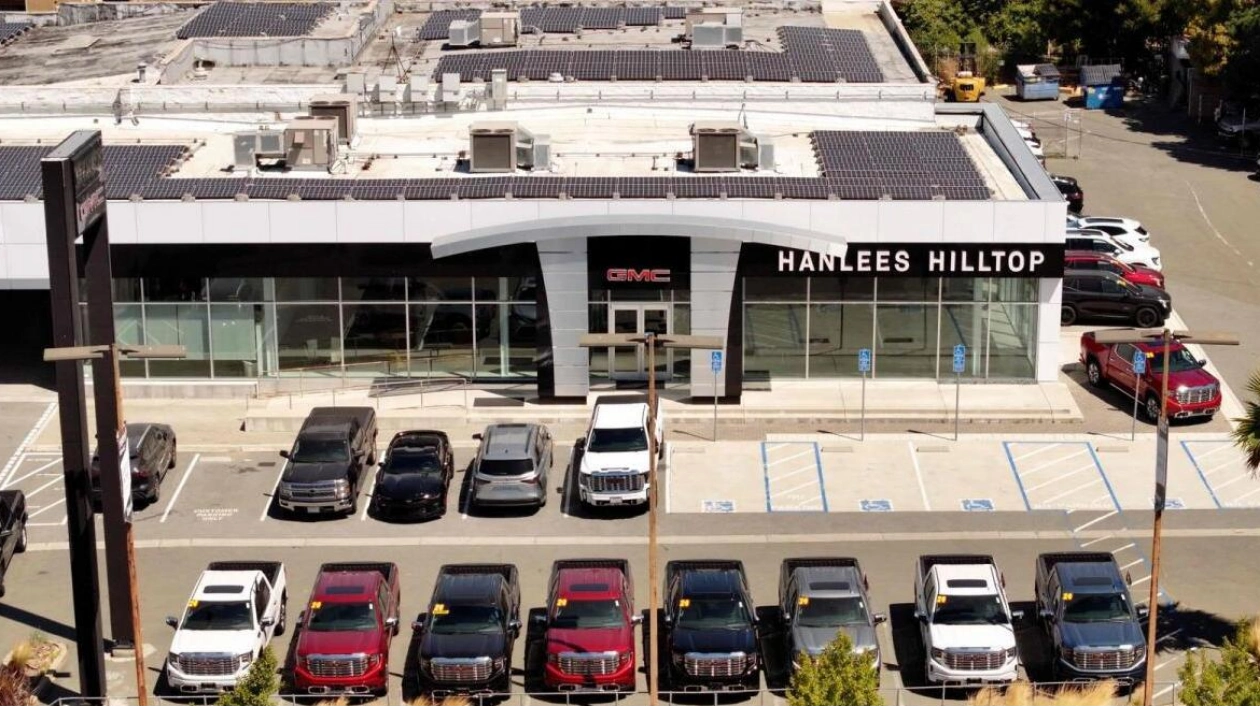General Motors announced second-quarter earnings and revenue on Tuesday that exceeded Wall Street's forecasts, prompting the company to increase its annual profit outlook for the second time this year, driven by robust pricing and demand for gasoline-powered trucks. The Michigan-based automaker is heavily relying on its gasoline-engine vehicles to sustain its profitability during a slower-than-expected shift to electric vehicles. GM's executives believe they have now established the necessary foundation to achieve aggressive targets for EV production.
"We're encouraged by the early results we're seeing in EVs now that we can build at scale," CFO Paul Jacobson stated during a call with reporters. The company's stock surged by over 4% in premarket trading. GM revised its adjusted pre-tax profit forecast for the year upwards to between $13 billion and $15 billion, up from its earlier projection of $12.5 billion to $14.5 billion. The automaker reported adjusted earnings per share of $3.06, surpassing the Wall Street consensus estimate of $2.75, according to LSEG data. Revenue for the three-month period totaled $48 billion, outpacing analysts' expectations of $45.5 billion for the June quarter.
GM's executives also discussed updates on its Cruise autonomous driving division, indicating a shift in focus towards developing a next-generation Chevrolet Bolt instead of the previously planned futuristic Origin vehicle, which was designed without a steering wheel or traditional human controls. The company was impacted by a recent cyberattack that affected auto dealerships across the U.S., but this did not adversely affect its quarterly performance. Net income rose by 14% compared to the same period last year, reaching $2.9 billion.
GM's stock performance has been superior to that of its competitors and the S&P 500 in 2024. The company's share price has risen by 38% this year, compared to an 18% increase for Ford Motor and a 11% decline for Stellantis. Despite receiving additional financial support from the U.S. government to advance its EV initiatives, GM has scaled back several of its targets over the past year. The Biden administration recently announced a $500 million award to GM to transform one of its Michigan gas-engine vehicle assembly plants into an EV production facility.
GM has opted not to reiterate its goal of reaching 1 million units of EV production capacity in North America by the end of 2025. The automaker has also reduced its projected EV output for the year, now anticipating the higher end of its 2024 production to be 250,000 units, down from a previous estimate of 300,000 units. Nevertheless, GM executives stated that the company is ramping up production of the Chevrolet Equinox EV and plans to introduce several new battery-powered models in the coming months.
Despite GM's commitment to transitioning its lineup to EVs, CEO Mary Barra has announced plans to introduce plug-in hybrids in 2027, a move that could benefit from Ford's current success with hybrid sales. The results of the U.S. presidential election in November are expected to influence GM's strategies for battery-powered vehicles. Former President Donald Trump has been critical of President Joe Biden's support for EVs, which includes substantial government subsidies.
GM is also under increasing scrutiny from investors regarding its operations in China, where its financial performance has deteriorated from being a profit driver to a financial burden. The company reported a $104-million loss in China for the quarter. Jacobson addressed the company's challenges in China, stating that GM would collaborate with its joint-venture partner to restructure its business there. "It's clear that the steps we have taken, while significant, have not been sufficient," Jacobson noted.
Last month, a prominent automotive analyst urged the Detroit Three to exit China to conserve cash for expensive EV production.






